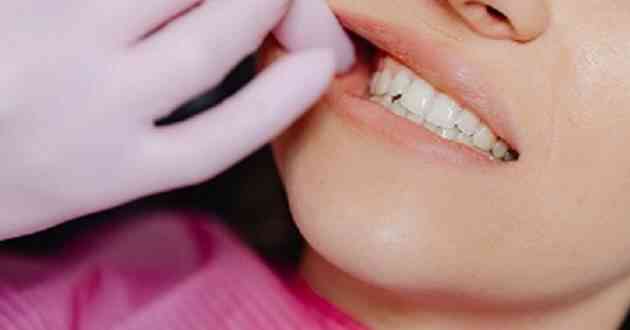How Smoking Affects Your Oral Health?
- - Category: Dental Care
- - 01 Dec, 2021
- - Views: 631
- Save

We all know that smoking wreaks havoc on your health.
We all know that smoking wreaks havoc on your health. Although the teeth are not the first thing we associate with the dangers of smoking, any kind of cigarette or tobacco use can bring some serious damage to your mouth. Unfortunately, smoking and tobacco use are difficult to stop. Even when you have tried before, there is a good chance that you were not able to stick with it. Thus, you are still continuously doing more damage to your mouth.
The longer you continue to smoke, the more damage you will likely inflict to your oral health. This does not mean, however, that you cannot stop the damage or reverse some of the impact of cigarette smoking on your mouth. Read on to learn about how cigarettes can harm your teeth and mouth, and how you can do your part in putting an end to it. Smoking is a very harmful habit that you should avoid. It can take years for its effects to show up on your lungs and heart, but its impact to your oral health can manifest quickly.
Smokers are at increased risk of developing the following oral health issues:
- Healing difficulties following oral surgery. Smokers might experience healing difficulties after getting oral surgery. We know that smoking reduces oxygen levels in the blood, which would have been crucial for cellular healing.
- Increased plaque and tartar levels. Smoking can increase the buildup of tartar and plaque in the mouth. Tartar and plaque are the two main causes of tooth decay and gum disease.
- Increased risk of gum disease. Smokers are at an increased risk of gum disease because of increased tartar and plaque levels. Also, smoking loosens the bone attachment and soft tissue in the teeth, further allowing tartar, plaque and bacteria to spread down to the roots of the teeth.
- Increased risk of oral cancer. This is a major risk among smokers which can lead to death when not caught early enough.
- Increase risk of tooth decay. Tooth decay is very common among smokers, mainly because of the increased levels of tartar and plaque, and increase risk of gum disease.
- Inflammation of salivary gland. The salivary glands can inflame because of smoking. This can lead to plaque and tartar buildup and dry mouth because of insufficient saliva production.
- Jawbone loss. Smoking can cause the jawbone to lose their density. Once this starts to happen, the jawbone will start to recede and lead to tooth loss.
- Leukoplakia. This is a condition among smokers where white patches form in the mouth. There are cases where this is an early sign of oral cancer.
- Persistent bad breath. Smoking can cause bad breath or halitosis. Smokers can develop chronic bad breath because of the oral health problems associated with smoking, which can include gum disease and tooth decay.
- Severe teeth yellowing. Smoking can severely discolor the teeth. Tar and nicotine and components of cigarettes that can leave deposits on the teeth.
- Tooth loss. Smoking can cause tooth loss because of several reasons. Gum disease, severe tooth decay, weakening of the jawbone attachment to the teeth and soft tissue, and loss of jawbone can all cause tooth loss among smokers.
If you smoke cigarettes and want to take care of your oral health, the best thing that you can do right now is quit. You can start by cutting back. Also, it helps to regularly visit an oral health care professional for routine cleanings and checkups. This can greatly help prevent teeth from getting discolored, decayed or damaged. To know more about smoking and how it can affect your oral health, contact a reputable dentist in your area and schedule a consultation.



